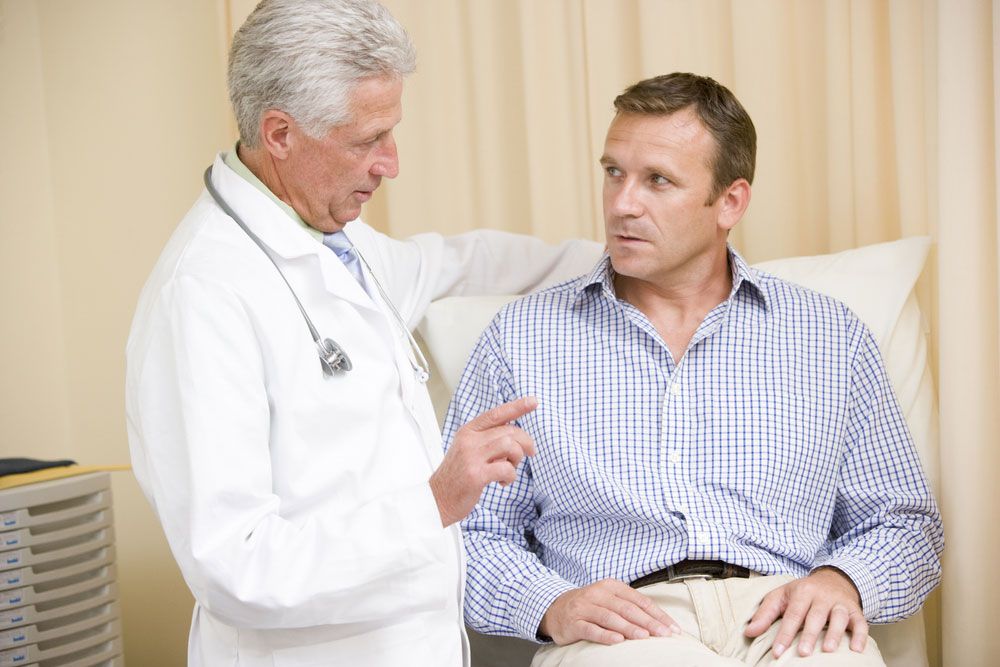How to Prepare for a Doctor's Appointment

"The Healthy Geezer" answers questions about health and aging in his weekly column.
Question: I'm going to the doctor and I don't want to forget to ask him important questions. Any suggestions on how to prepare for this visit?
Answer: Whether you're talking to a family physician, a specialist or pharmacist, you need to know the right questions. My research turned up hundreds of possible questions. I narrowed the list down to the ones I considered to be the most significant. You can pick out the ones that apply to you. Here goes:
Family physician
- What is the outlook for my condition?
- Could relatives get this?
- What changes will I need to make?
- What are my treatment options?
- What are the benefits and risks associated with my treatment options?
- What are the expected results?
- Are there any side effects and what can be done about them?
- What organizations and resources do you recommend for support and information?
- Which hospital has the best care for my condition?
Specialist
- What are the benefits and risks of having this test?
- How is the test done?
- Is this test the only way to find out that information?
- What do I need to do to prepare for the test?
- When will I get the results?
- What's the next step after the test?
- Do I need surgery?
- What are the benefits and risks of having this surgery?
- Is there some other way to treat my condition?
- What will happen if I don't have this surgery?
- Have you done this surgery before?
- How successful is this surgery?
- Which hospital is best for this surgery?
- How long will I be in the hospital?
- How long is the recovery?
- Where can I get a second opinion?
Pharmacist
- What are the side effects of this medicine?
- When should I report a side effect to my doctor?
- Can I take a generic version?
- What is the primary use for this medicine?
- When should I take my medicine?
- How long do I need to take the medicine?
- When will the medicine start working?
- Can I stop taking my medicine if I feel better?
- Do I need to avoid any food, drinks, or activities?
- Does this medicine conflict with other drugs I'm taking?
- Which over-the-counter supplements can I take with this prescription?
- Are there any tests I need to take while I'm on this medicine?
In addition to being armed with questions, you should be ready with answers for a visit to any healthcare professional. Here's a checklist of items you should take with you to your visit.
Sign up for the Live Science daily newsletter now
Get the world’s most fascinating discoveries delivered straight to your inbox.
- A description of any symptoms you are experiencing.
- A list of all the medications and supplements you take. These include both prescription and over-the-counter medicines. Some doctors ask you to bring all your medicines with you to your first visit.
- Medical records
- Insurance cards, names and phone numbers of your other doctors, and the phone number of the pharmacy you use.
- A list assistive devices you use such as canes, walkers, scooters, glasses, hearing aids, reachers, grab bars, and stair lifts.
- Lifestyle habits. Your diet. How do you sleep? Do you smoke or drink alcohol. Activities such as dancing and sports.
- Events in your life that may be affecting your health. These include moving, changing jobs, a divorce, a death in the family.
If you would like to read more columns, you can order "How To Be A Healthy Geezer" at http://www.healthygeezer.com.
All rights reserved © 2012 by Fred Cicetti
More from the Healthy Geezer:












